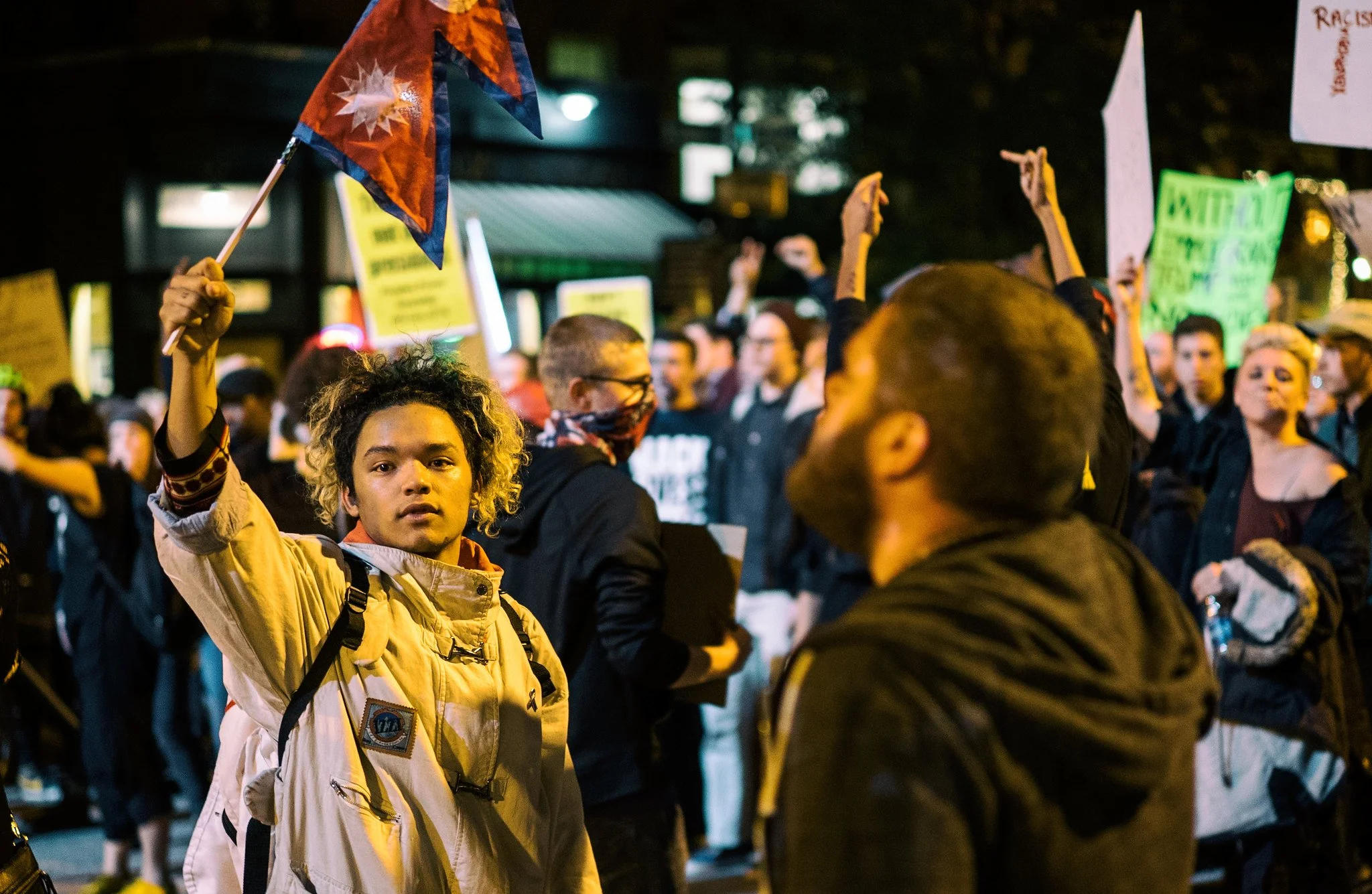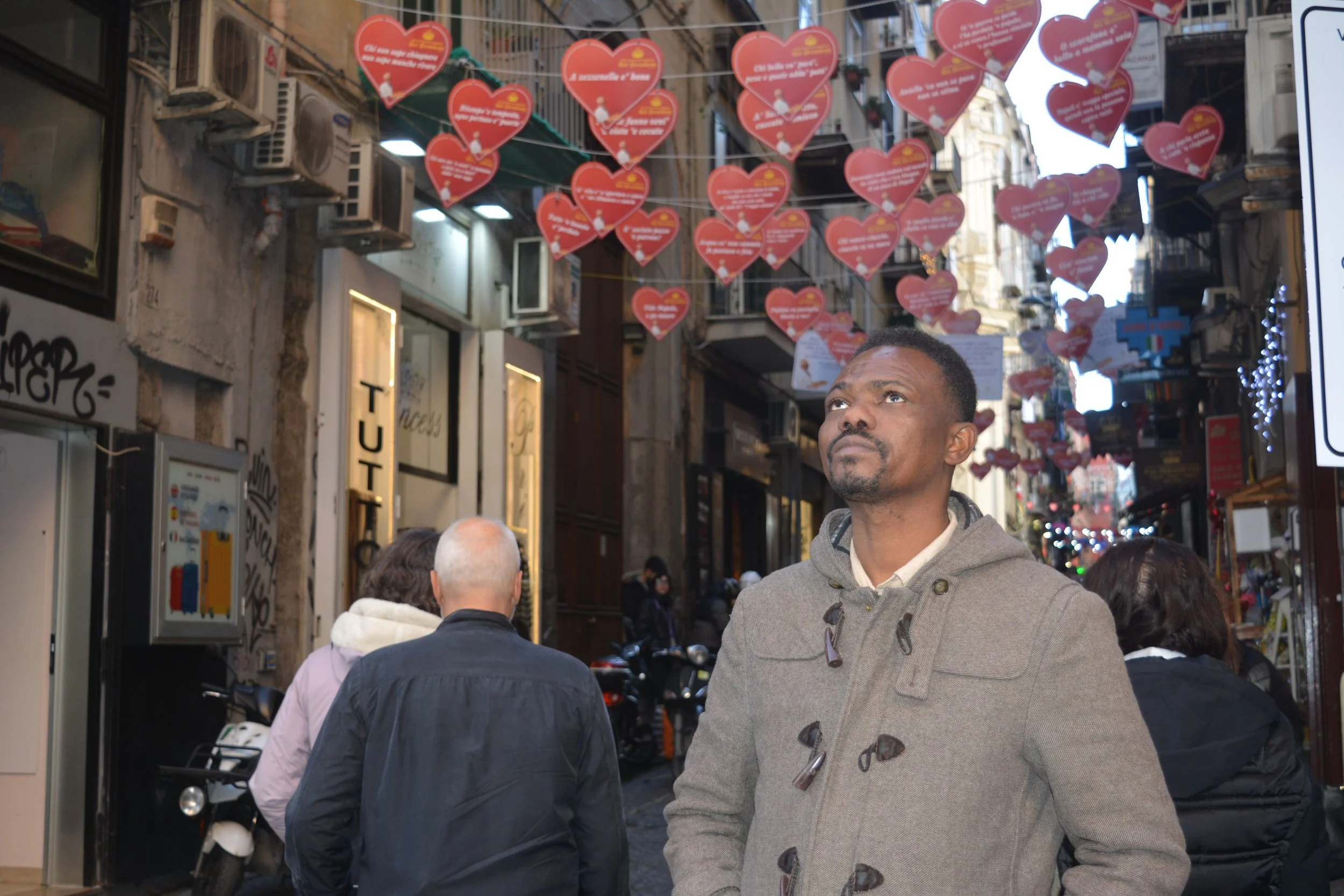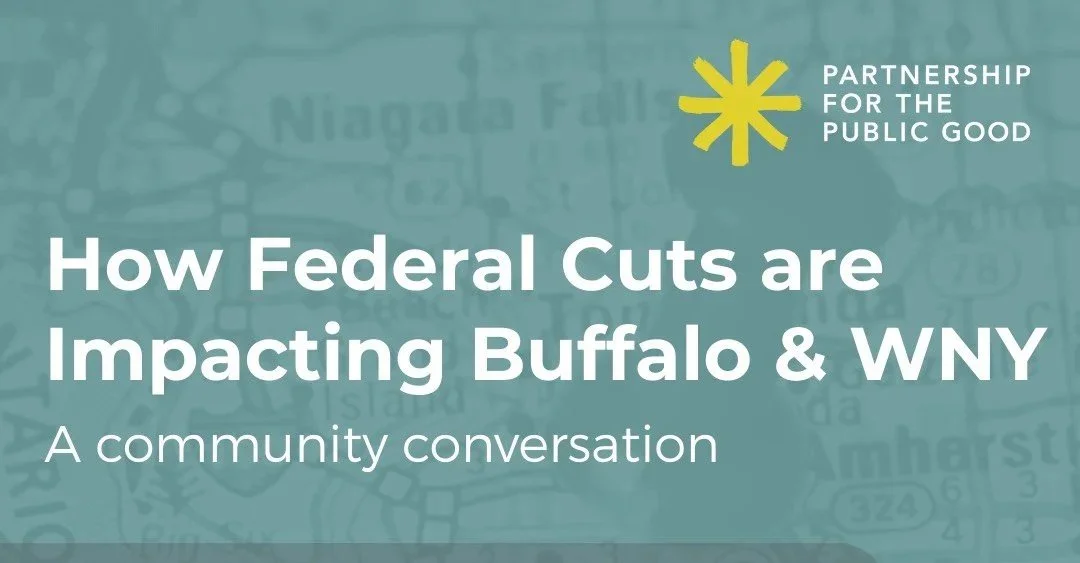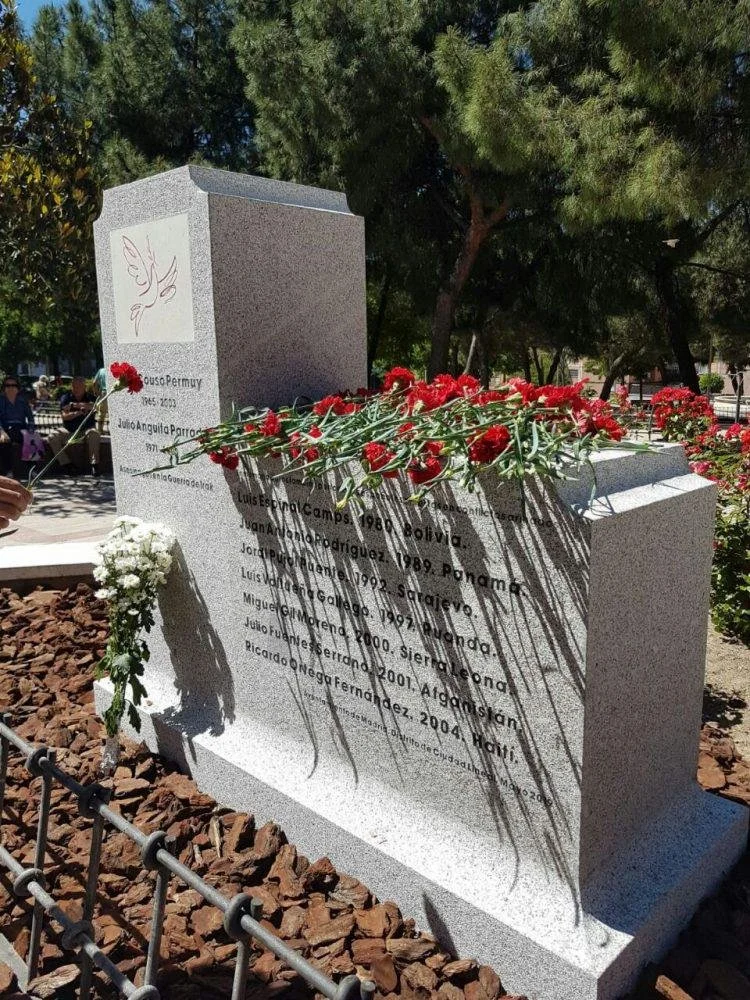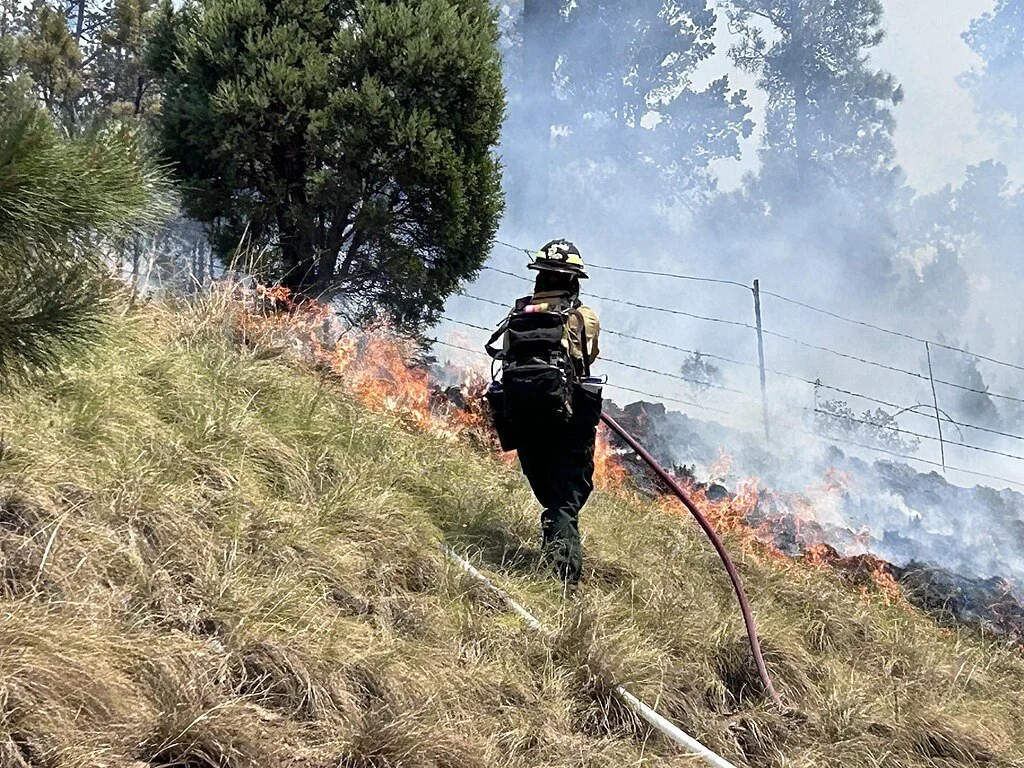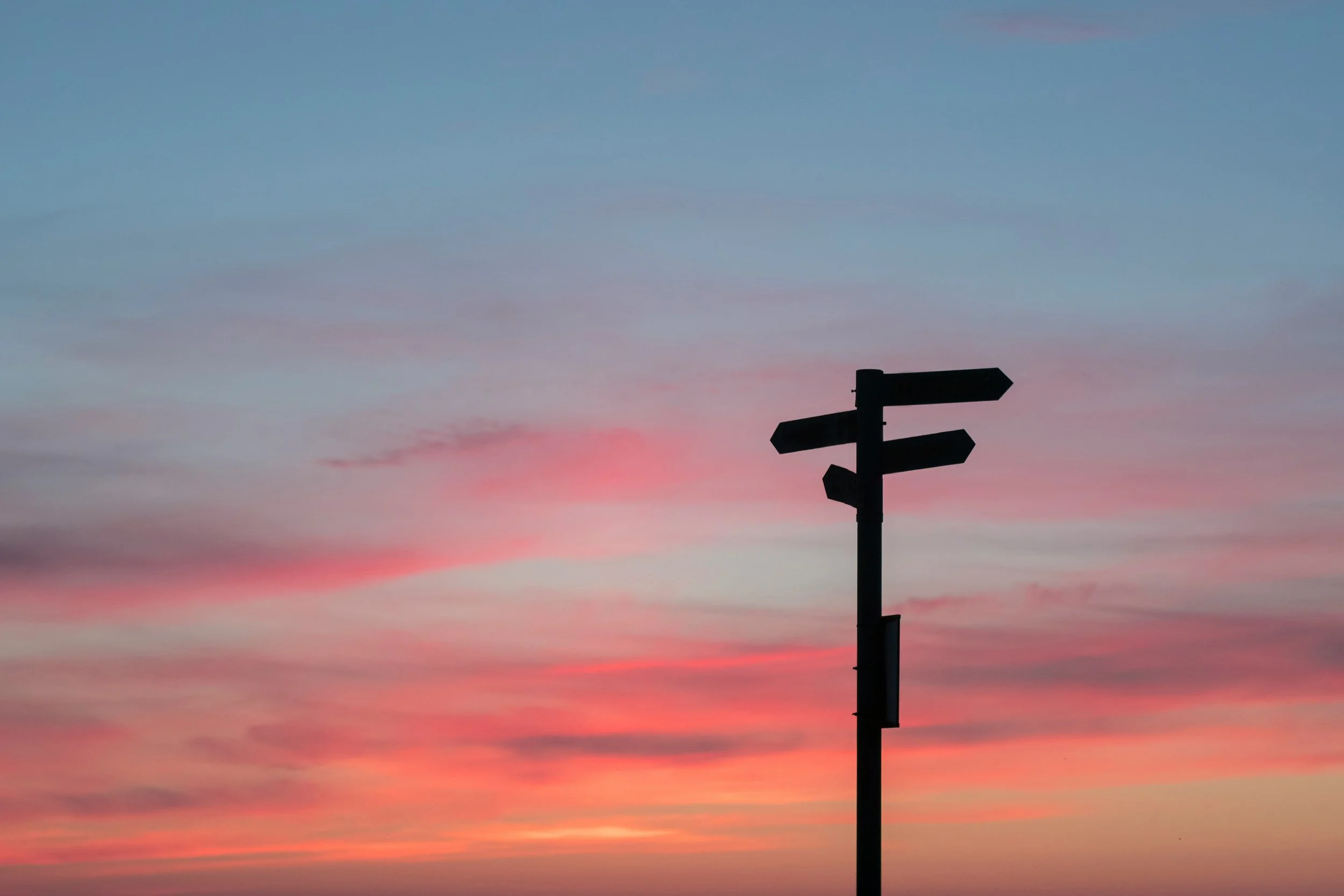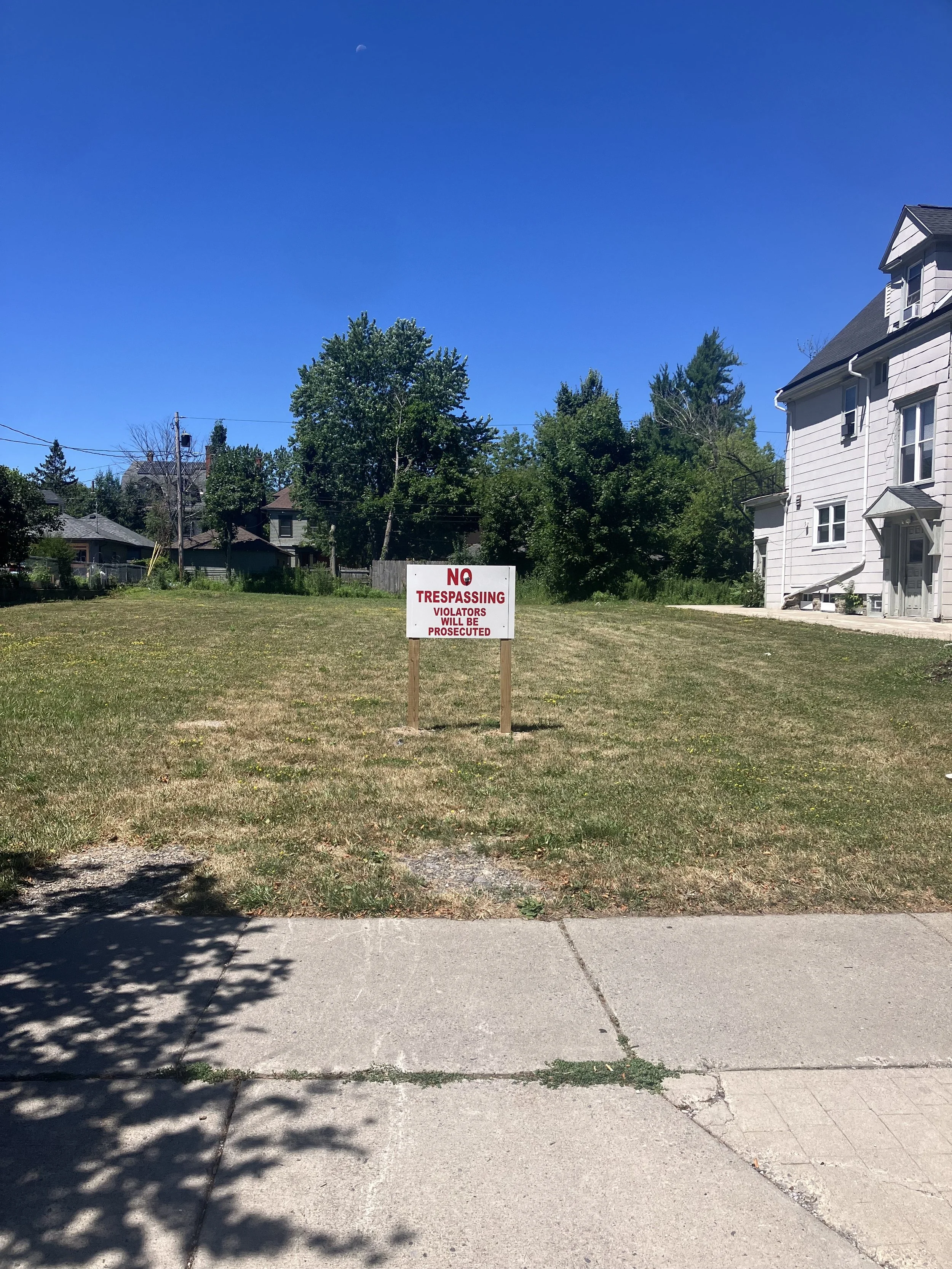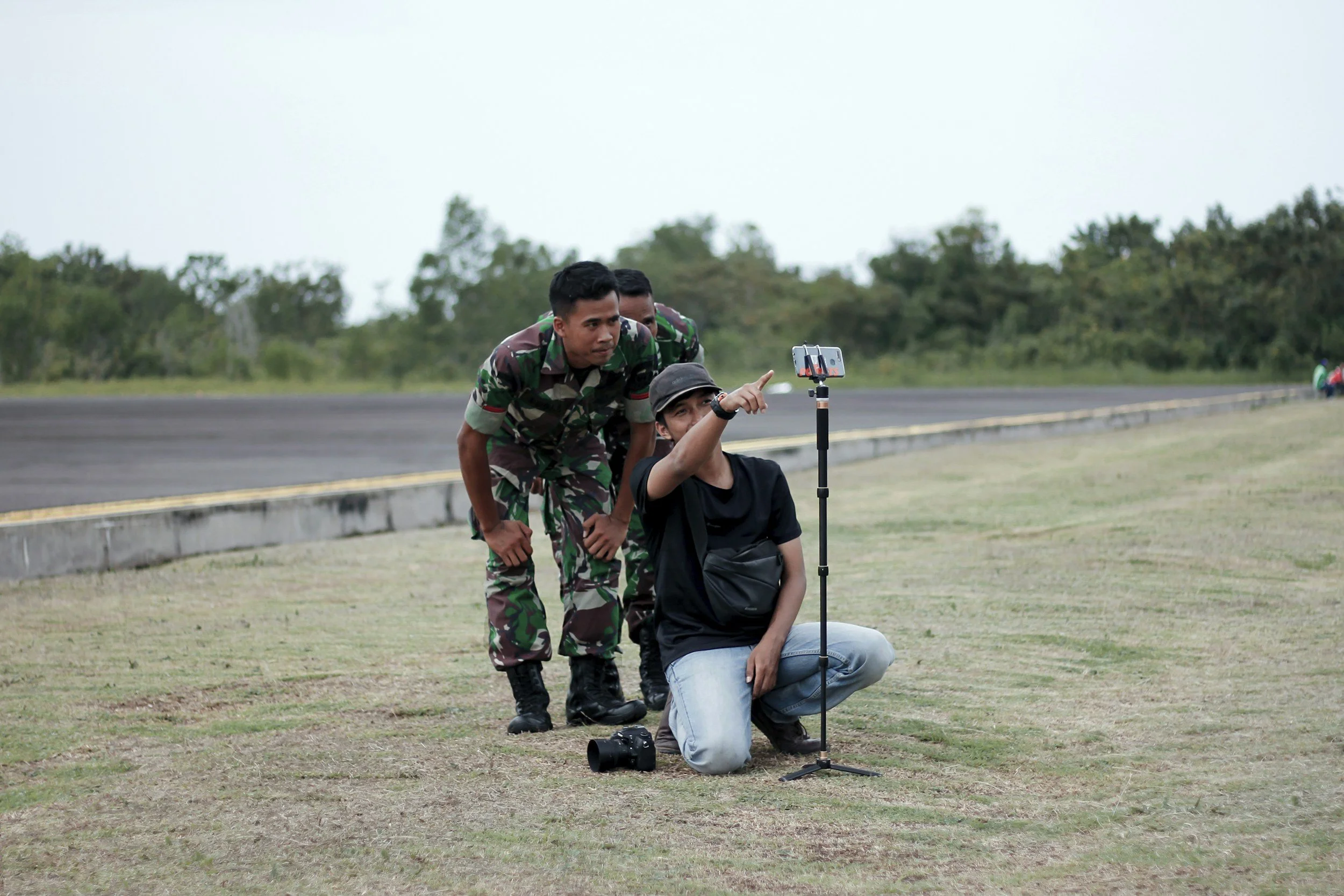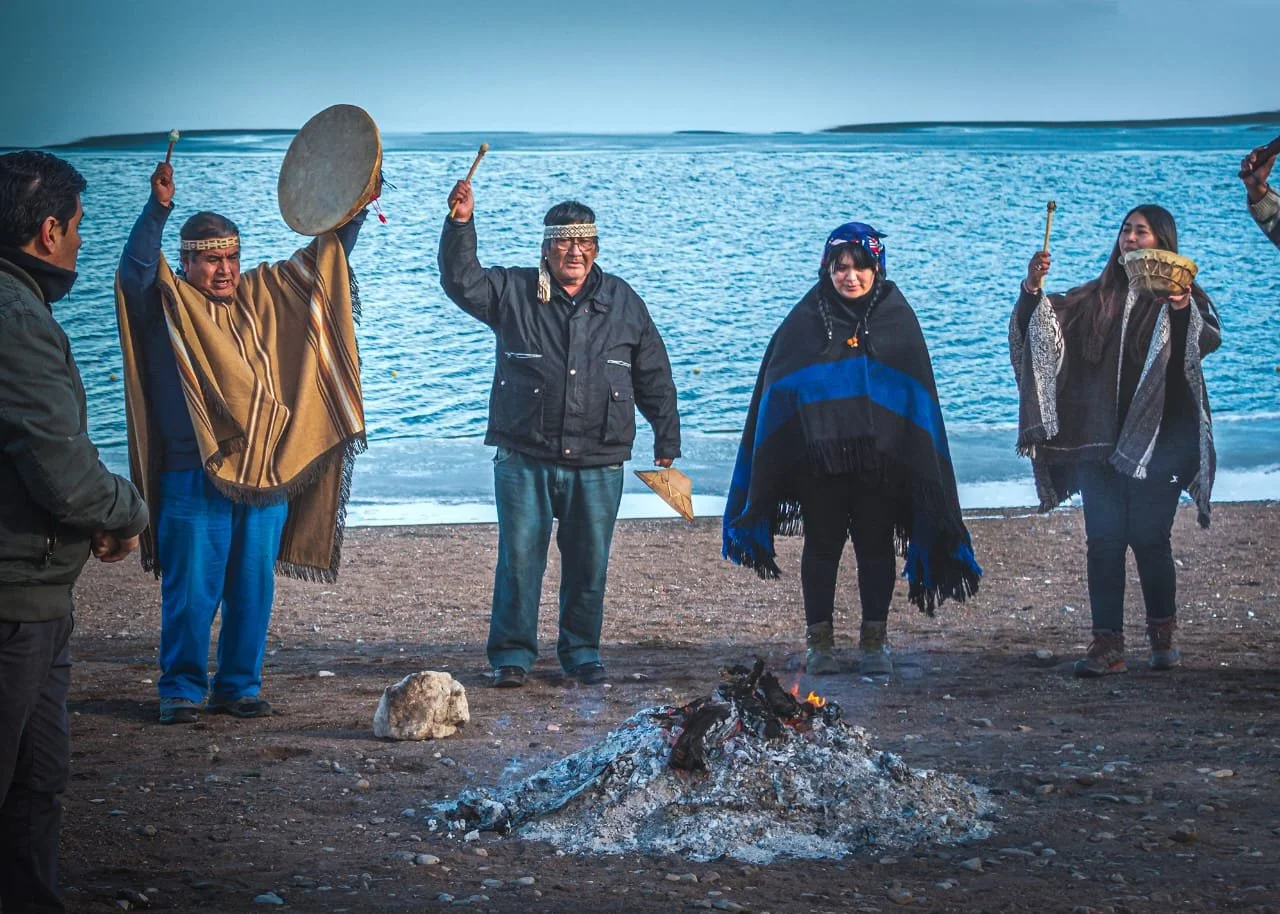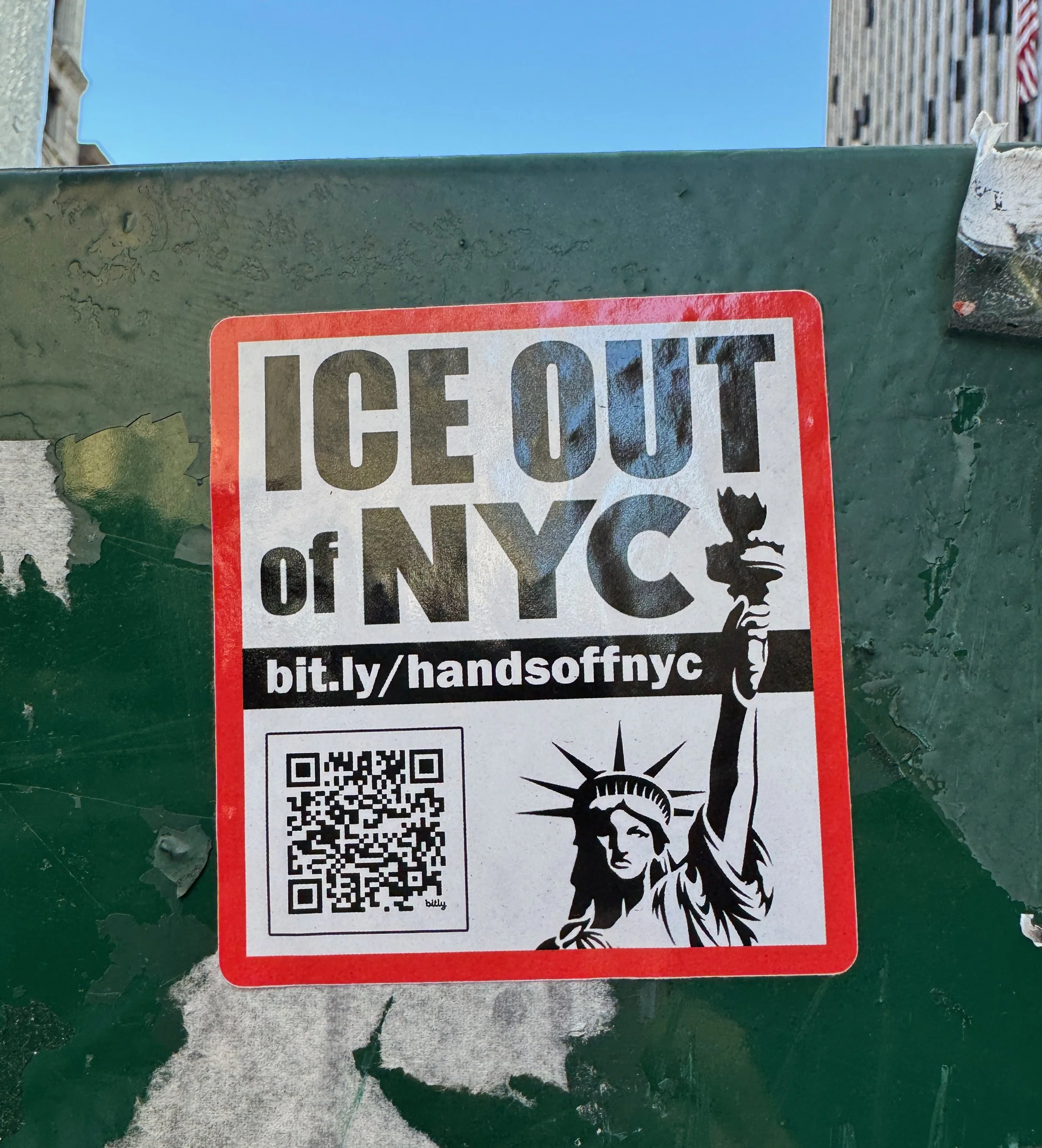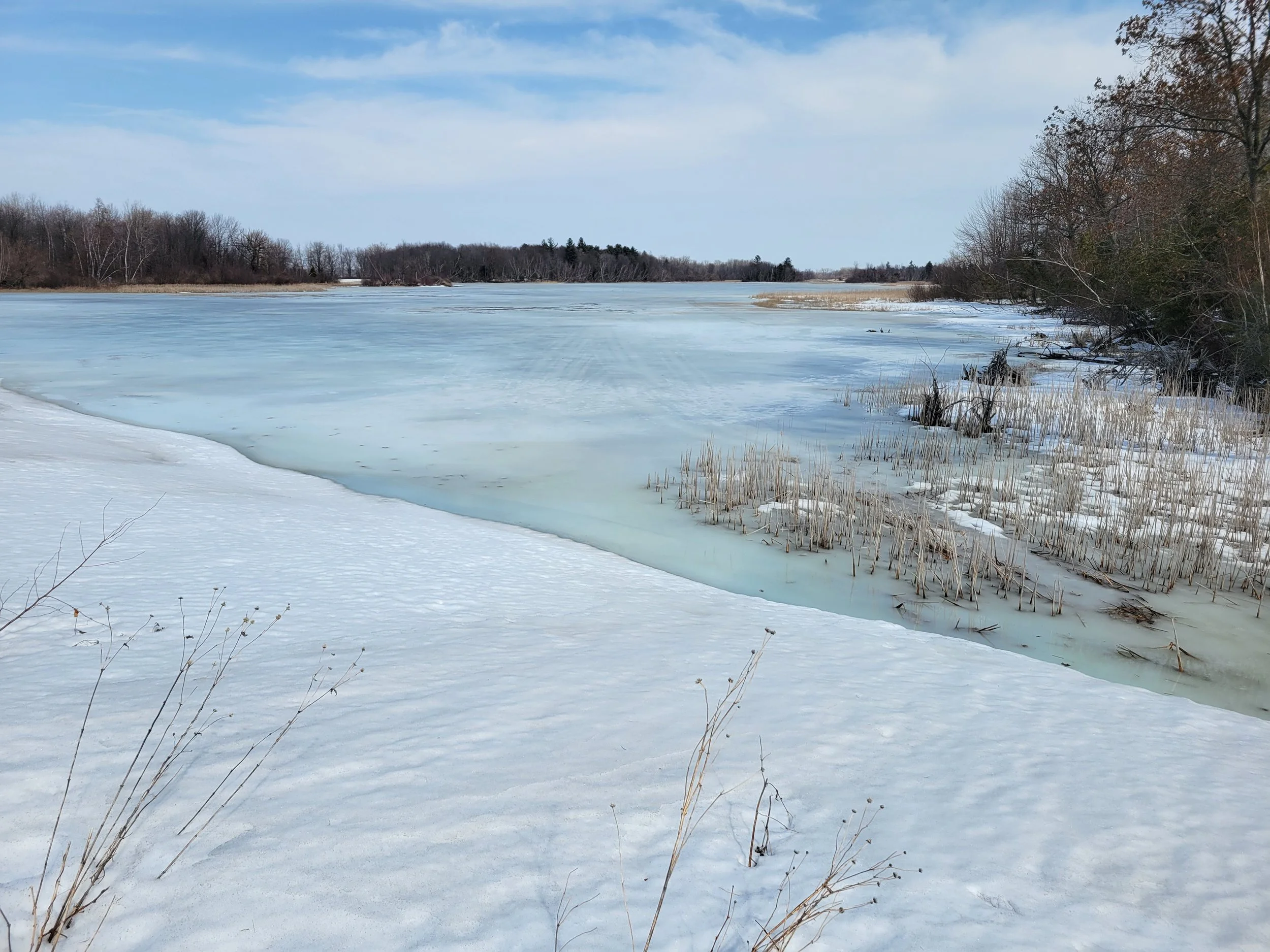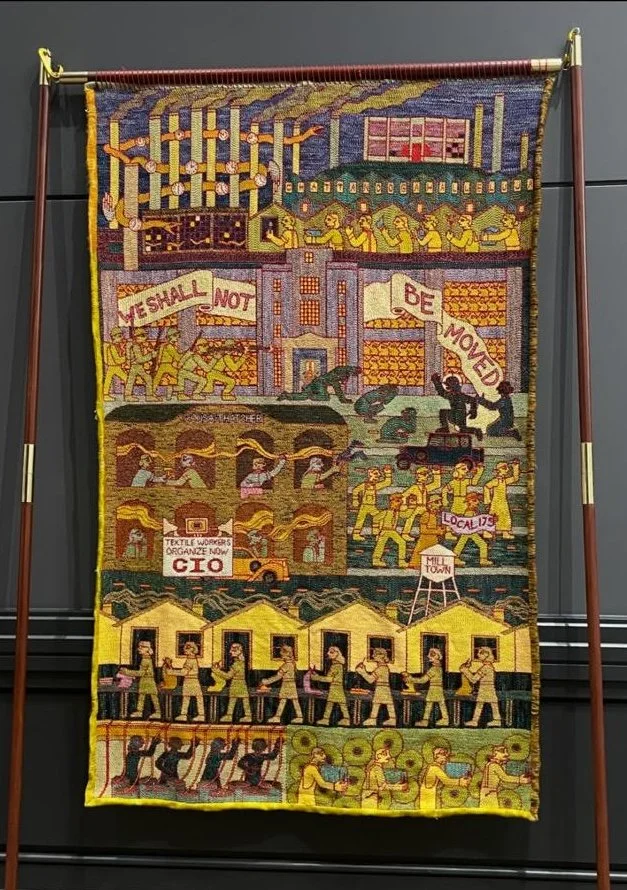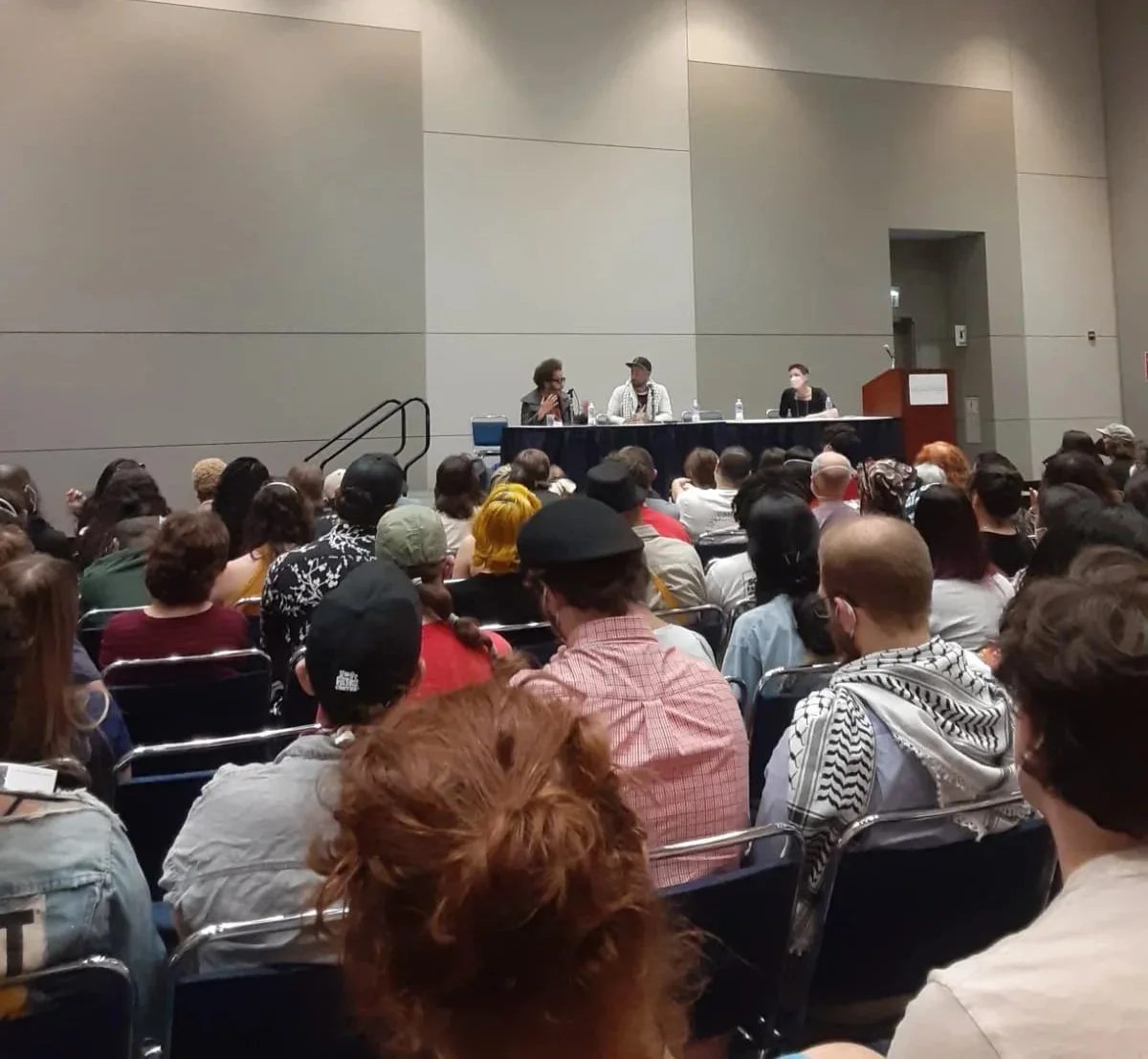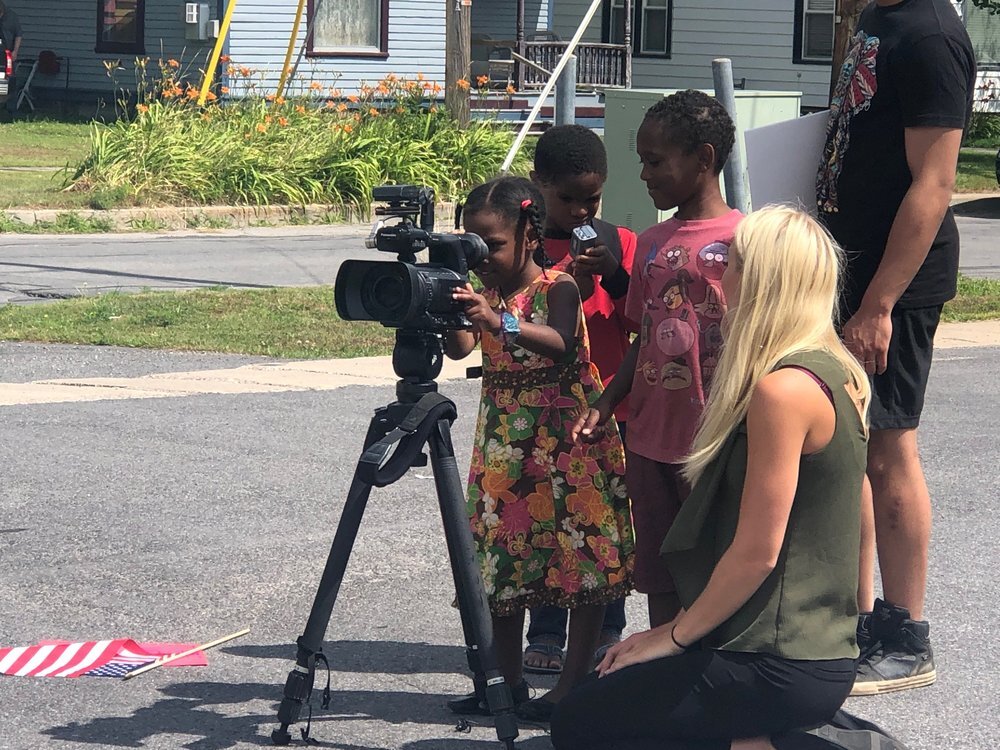
Stories
News
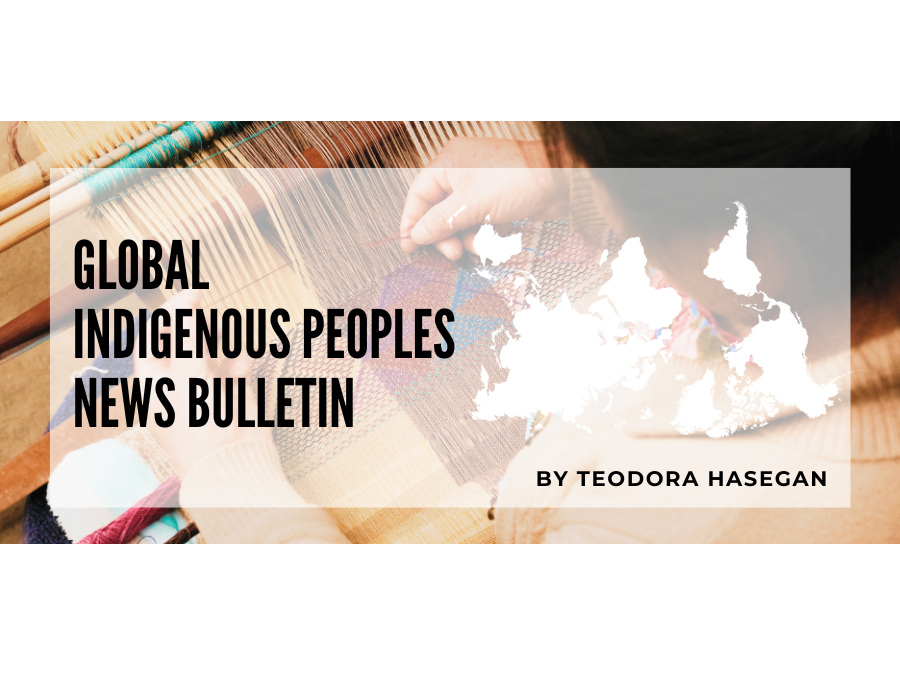
Analysis
Voices
Podcast
Announcements
Events

All Stories
The Overlooked Population: Mental Health Crisis of Brittany Students Post-COVID
Alone, isolated from friends, struggling with finances, and constantly worried about his loved ones back at home, Abdul spent days in bed, sleeping through online classes and not communicating with anyone. A student at IMT Atlantique in Brittany, France, Abdul lost more than fun nights out with friends and in-person lectures when the pandemic forced the city into lockdown. "It was difficult to live another day at that time."
Day Off in Victoria Park: Blooming Solidarity Within Indonesian Domestic Workers Community
Every Sunday, a warming atmosphere spreads out in Victoria Park, a green spot in the centre of Hong Kong where groups of foreign domestic workers (FDWs) spend their one day off. Since in Hong Kong, domestic workers are forced by law to live in their employers’ houses, they often find themselves trapped in their workplace. For this reason, on Sunday, they gather in Victoria Park to share their skills and celebrate life in all its forms.
Trapped in the Workplace: Hong Kong’s Migrant Workers Endure COVID
Gaia Guatri reports from Hong Kong, where several NGOs have called for the government to implement measures to check and provide acceptable living standards of foreign domestic workers (FDWs) during the COVID-19 pandemic.
Drought, Disease and Isolation: The Urgent Situation of the Wayuu in La Guajira, Colombia
The deep consequences of interconnected globalized systems paired with destructive localized human actions is on full display in the La Guajira peninsula of Northeastern Colombia. Daniel Henryk Rasolt reports on the dire situation facing the Wayuu Indigenous Peoples.
"My COVID Summer" : Students Share Experiences, Hopes for the Future
St. Lawrence University students, like students everywhere, have faced a range of issues connected to the global pandemic. Weave contributor and editor Nicole Roché reached out to former students from all over the country—and all over the world—asking them to share their experiences from this difficult summer.
Here are their stories.
White Privilege, COVID-19, and the End of Capitalism
In the widespread protests against police violence following the murder of George Floyd, Blake Lavia sees evidence of how COVID-19 has brought the problems of a “racist economic system” into sharper view. Can the current uprisings hold the key to addressing both the climate crisis and the need to build a more just economic system? The challenge, Lavia argues, is for white people to look themselves in the mirror, go beyond performative solidarity, and work actively to dismantle oppressive systems.
Bolivia Faces a Double Battle
The effects of the coronavirus pandemic intersect with the effects of other social, political, and environmental problems throughout the world. Reporting from Bolivia, Gabriela Paz Ferreyra Barrientos explores how Bolivian society finds itself caught between ongoing political instability and a public health emergency: “Violence and confrontation in Bolivia require an urgent democratic election, yet the health of Bolivians is crying out for them to stay home and take care of themselves.”
Campus Quarantine: A Student Documentary
Weave News is proud to join The Hill News (the St. Lawrence University student newspaper) in co-publishing Campus Quarantine, a new documentary about students stuck on campus during the COVID-19 pandemic. Filmed and directed by Meiting Li, the documentary features excerpts from interviews conducted with St. Lawrence students, including graduating seniors, who remained on campus during the period of “remote learning” at the end of the Spring 2020 semester. What was it like for them? What challenges have they been facing? What have they learned from the experience, and what are they looking forward to?
Quarantine Demands Rethinking the 'Educational Factory'
Sara Monggaard reflects on the implications of the pandemic for the experience of university students. “I believe in this period of monumental global pause, unity and introspection, we have a unique window to look forward. It is time to tear our structures apart and rethink the purpose of ‘education’ with restructured learning objectives and methods. What does it mean to be educated? What should education prepare us to tackle?”
Return to Materialism: COVID-19 Fieldnotes for Upstanders
Łukasz W. Niparko writes: In recent days, we have read enough dystopian visions of the post-COVID world. I do not want to write another one. Because in the hands of upstanders rests the choice between dystopia, maintenance of the status quo, or perhaps a quasi-utopian victory for all of humanity. While being under lockdown, or while on the subway, we have the choice to rethink the losses of the past 30 years and be upstanders before others steal the few freedoms we still have left.
If the Gaza blockade was a virus, would the world react differently?
Ali Abusheikh writes from Doha, Qatar amidst the COVID-19 crisis, but he is also thinking of his home - Gaza. ““I sympathize with the world. I understand people's fear. Why wouldn't I? I already know what it is like to be stuck at home for weeks when it is not safe to go out. (And in the case of Gaza, staying at home isn't enough to protect you; Israeli missiles can just as easily find you there.) I already know how it feels to unexpectedly have to cancel weddings and other special occasions. I grew up being unable to travel.”


